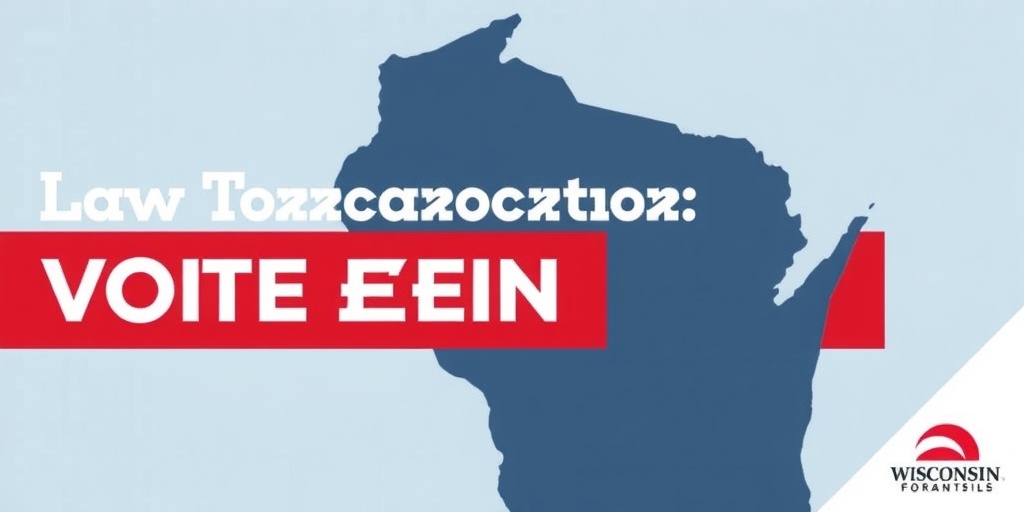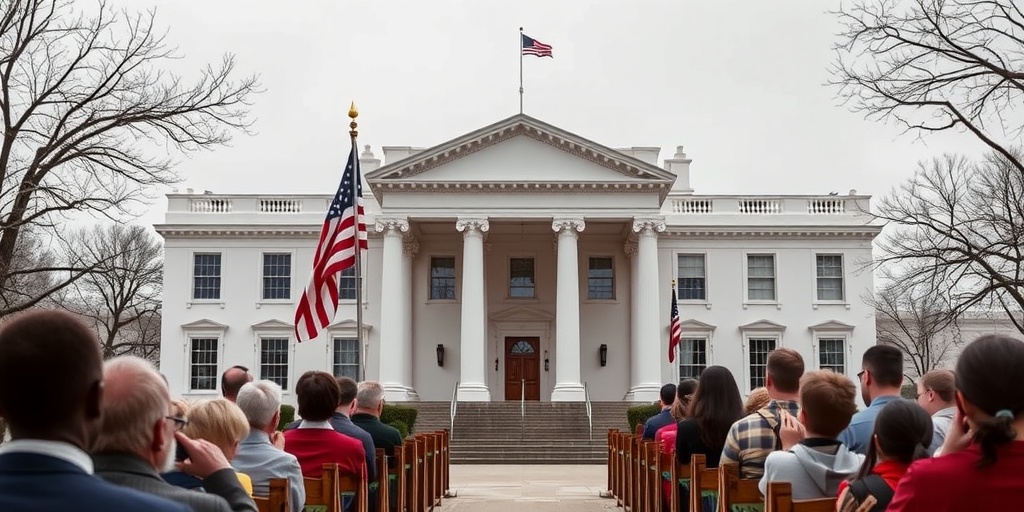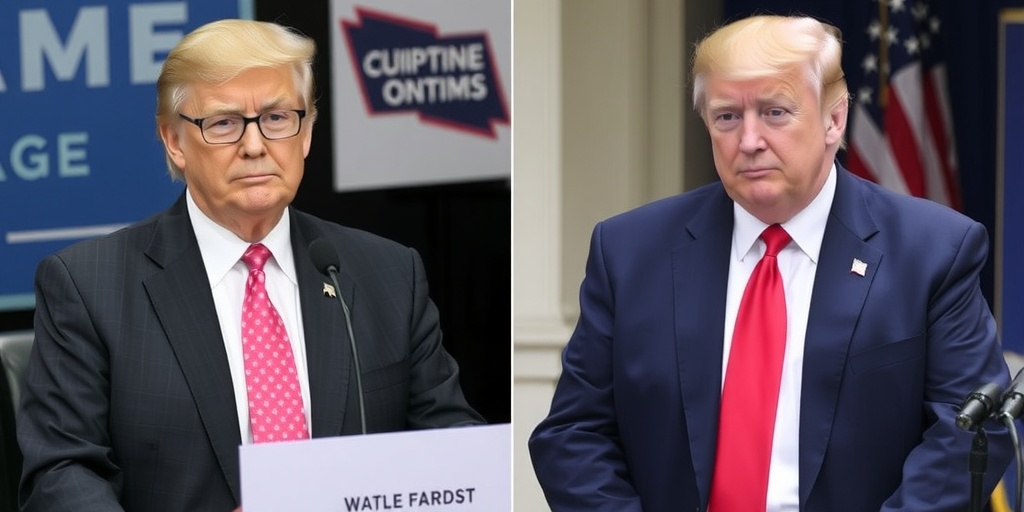Now Reading: Tariffs Create Market Uncertainty and Strain Alliances
-
01
Tariffs Create Market Uncertainty and Strain Alliances
Tariffs Create Market Uncertainty and Strain Alliances

Title: Trump’s Tariff Strategies Stir Confusion Amidst Unease in Global Markets
On Tuesday, U.S. Commerce Secretary Howard Lutnick addressed concerns from allies and investors during an appearance on Fox Business, assuring them that the Trump administration was actively negotiating to avoid imposing tariffs on goods from Mexico and Canada. He emphasized that President Trump was committed to reaching a resolution, stating emphatically, “It’s not gonna be a pause” regarding Trump’s fluctuating tariff policies.
However, just two days later, the administration announced what Trump dubbed a “pause,” revealing that most tariffs would be delayed until April 2. This announcement raised eyebrows and prompted discussions about the erratic nature of Trump’s tariff strategies during his second term. Following the announcement, Trump complemented his conversation with Mexico’s president by later extending a similar concession to Canada, all while publicly critiquing outgoing Canadian Prime Minister Justin Trudeau on social media for his handling of "the Tariff problem."
Such unpredictability has injected a sense of confusion into markets, with stock prices declining as investors responded to the uncertainty inherent in Trump’s tariff decisions. The stock market, like many sectors of the economy, appears to be reeling from the dizzying pace of policy alterations. While Thursday’s decline raised alarm, a later rise in stock futures hinted at renewed investor optimism for Friday’s trading.
The specifics of Trump’s tariff orders, revealed by the White House on Thursday evening, added to the prevailing confusion. Certain tariffs related to the United States-Mexico-Canada Agreement (USMCA) were reportedly suspended indefinitely, while others faced a mere pause. This inconsistent application of tariffs has left many stakeholders puzzled, possibly by design, as world leaders and corporate executives vie for Trump’s favor in what appears to be an increasingly personal and arbitrary political landscape.
Mr. Trump’s method of tariff negotiation seems to hinge on whims rather than traditional policy deliberation. Instead of engaging in a systematic discussion led by experts, Trump’s decision-making on tariffs appears increasingly impulsive, influenced by his latest discussions with business leaders. “This was a short-term deal,” he remarked during a press briefing about a recent interaction with American car manufacturers who sought relief from upcoming tariffs, indicating a contingency approach in the fast-paced political climate.
Despite efforts to soothe corporate concerns, the reality remains that the tariffs could severely impact prices. For instance, Brian Cornell, CEO of Target, warned that customers could expect price increases on essential goods like avocados and lettuce amidst the changing tariff landscape. A sense of instability continues to plague industry leaders, compounding pressures on the market while they navigate a fluctuating environment.
Comments circulating from European executives suggest a growing frustration with the unpredictability surrounding the Trump administration’s tariff strategies. One anonymous CEO expressed a desire to see “Trump Slump” become a widely recognized term, implying that mainstream acknowledgment may signal a reduction in Trump’s focus on tariffs as a policy weapon.
Tariffs typically intend to address significant market distortions, yet the current approach taken by the Trump administration seems misaligned with more conventional economic rationale. Previous tariff measures imposed by President Joe Biden intended to protect domestic industries from overwhelming competition from Chinese manufacturers by increasing tariffs significantly for certain imports. Contrary to this strategic focus, Trump’s current approach seems targeted at achieving short-term economic impacts, reacting to immediate pressures from investors and industrial leaders.
Despite the announcement of tariff suspensions, market responses have been intense, leading to declines in the S&P 500 index, wiping out gains accumulated since Trump’s reelection. This downturn highlights the tenuous balance investors must achieve in a marketplace clouded by unpredictable policy shifts.
Moreover, the fears surrounding these tariffs extend beyond immediate economic implications; they threaten the integrity of long-standing alliances. Canada plays a pivotal role in North America’s air defense system alongside the United States and serves as a vital intelligence partner in the “Five Eyes” alliance. Speculation about Trump’s motivations has been cast by Canadian officials, including Trudeau, who suggested that persistent tariffs might signal broader strategic aims aimed at undermining Canada’s economy.
Challenging the administration’s tariff decisions, Trudeau has publicly criticized Trump’s stance as reckless, even labeling the tariffs “a very dumb thing to do.” This has inevitably strained U.S.-Canada relations further as the Canadian government prepares for a potential prolonged trade conflict. In stark contrast, Mexican President Claudia Sheinbaum has sought to avoid confrontation, framing her discussions with Trump as “excellent and respectful,” emphasizing cooperation between the two nations.
As tensions mount and global leaders essentially maneuver around Trump’s policies, the international diplomatic landscape faces heightened challenges. On an individual level, some world leaders have expressed hopes of persuading Trump to reconsider his tariff impositions, indicating a complex, multifaceted political atmosphere that will undoubtedly evolve in the weeks to come.
Stay Informed With the Latest & Most Important News
Previous Post
Next Post
-
 01New technology breakthrough has everyone talking right now
01New technology breakthrough has everyone talking right now -
 02Unbelievable life hack everyone needs to try today
02Unbelievable life hack everyone needs to try today -
 03Fascinating discovery found buried deep beneath the ocean
03Fascinating discovery found buried deep beneath the ocean -
 04Man invents genius device that solves everyday problems
04Man invents genius device that solves everyday problems -
 05Shocking discovery that changes what we know forever
05Shocking discovery that changes what we know forever -
 06Internet goes wild over celebrity’s unexpected fashion choice
06Internet goes wild over celebrity’s unexpected fashion choice -
 07Rare animal sighting stuns scientists and wildlife lovers
07Rare animal sighting stuns scientists and wildlife lovers





















